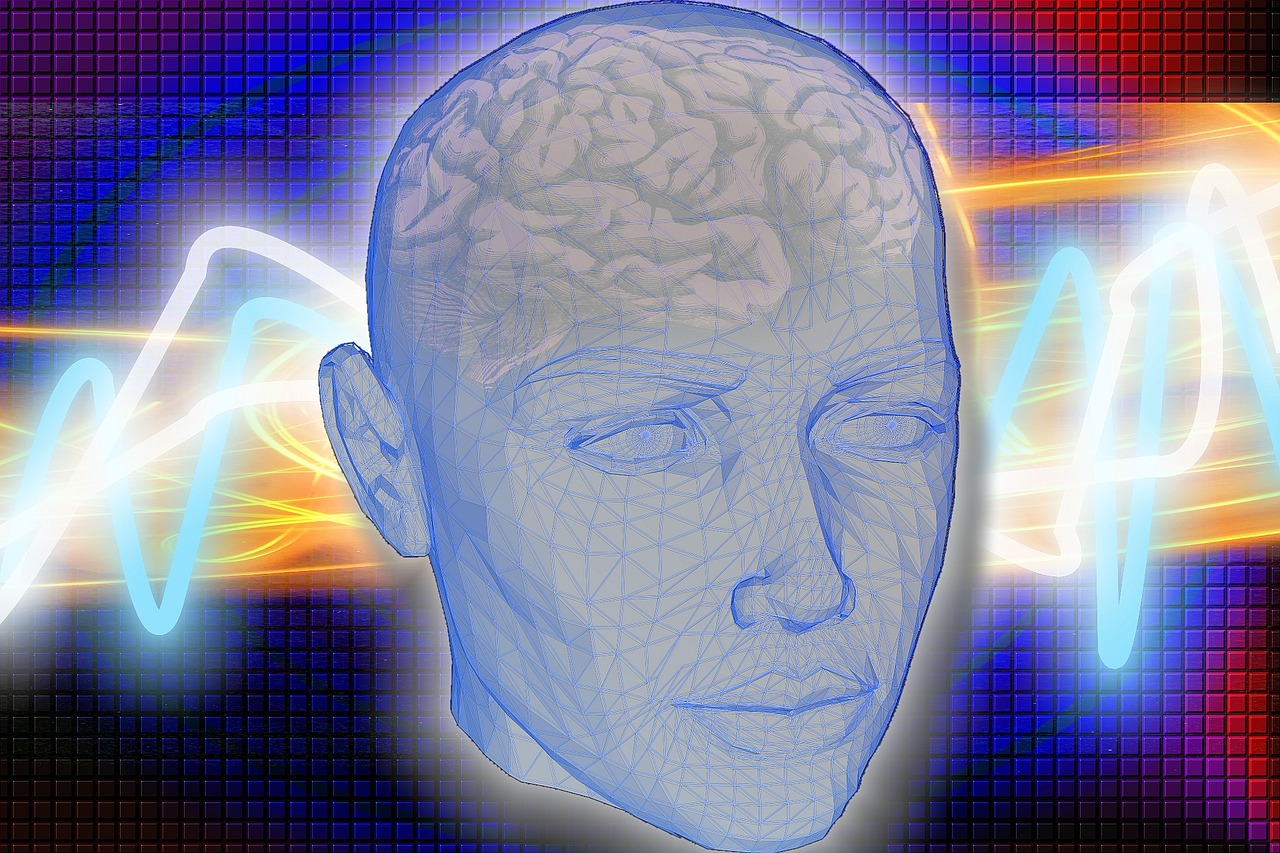Association for Concussion History and Long-Term Recovery in Youth.
Chizuk HM, Cunningham A, Horn EC, Thapar RS, Willer BS, Leddy JJ, Haider MN. Clin J Sport Med. 2022;32(6):e573-e579. doi:10.1097/JSM.0000000000001044
https://journals.lww.com/cjsportsmed/Abstract/2022/11000/Association_of_Concussion_History_and_Prolonged.19.aspx
Take home message
Athletes with three or more previous concussions were more likely to develop persistent postconcussive symptoms and take longer to recover than peers with fewer previous concussions.
Background
Persistent symptoms after concussion are defined in adults as symptoms lasting more than 10 to 14 days; in children it is defined as taking longer than a month to recover. A history of three or more concussions is associated with a longer recovery in adults. However, it remains unclear whether this also applies to pediatric patients.
Study objectives
The authors examined whether a greater number of previous concussions increased the risk of persistent postconcussive symptoms in pediatric patients.
Methods
The authors prospectively collected patient records from three sports medicine clinics near Buffalo, New York. Patients were between 8 and 18 years of age, diagnosed with a concussion within 14 days of injury, had a documented number of previous concussions, and were treated until clinical recovery. The researchers defined recovery as symptoms returning to normal with rest, a normal physical examination, and the ability to exercise and return to school without worsening symptoms. The researchers calculated recovery time as the difference between the days after the injury and when the participants recovered. Physicians recorded the number of physician-diagnosed concussions or undiagnosed concussions they considered reliable based on a patient’s history.
Results
The authors recruited 284 children, of which 270 were used in the final analysis. Fifteen children had three or more previous concussions. While 32 to 38% of youth with a history of 0 to 2 previous concussions developed persistent symptoms, two-thirds of those with 3 or more concussions developed persistent symptoms. The researchers found that a cutpoint of ≥ 3 or ≥ 4 concussions had the best prediction of who would eventually develop persistent symptoms.
Viewpoints
These results demonstrate that pediatric patients with a history of three or more concussions are more likely to develop persistent symptoms. It will be interesting to see if these findings can be replicated in a study involving more people with three or more concussions. However, these findings may hold up well because they are consistent with previous research among adults who have suffered a concussion.
Clinical implications
Doctors should use this information to educate patients, especially those who have suffered multiple concussions, that their recovery will likely take longer than their previous concussions. It may be helpful to inform school physicians and administrators that a patient has a history of multiple concussions and may require a longer recovery time and additional academic accommodations.
Questions for discussion
- Do other factors from a patient’s history influence the risk of a concussion?
Written by Mitchell Barnhart
Reviewed by Jeffrey Driban
related posts
History of concussion is associated with poor perception
Structural brain changes associated with concussion history and cognition
Snoozy athletes report more signs and symptoms of concussions


Leave a Reply